2021: A Year of NATO Disunity Like No Other
2021 is arguably the year when intra-NATO tensions and rivalry widened more so then ever since the alliance’s inception in 1949. Although NATO most recently expanded its membership to include Montenegro in 2017 and North Macedonia in 2020, the rift caused by competing interests and the emboldening of revisionist ideologies (neo-Ottomanism and Anglo Chauvinism) among bloc members has only widened in recent years, but no other like 2021.
Intense NATO disunity first became prevalent during the Syrian War. Turkey continues to be enraged that the US, France and other member states train, fund and arm the People’s Protection Units (YPG), the Syrian branch of the Kurdistan Workers Party (PKK) that Ankara recognizes as a terrorist organization. Meanwhile, Washington is furious that Turkey defied warnings to not purchase the Russian-made S-400 missile defense system, and thus in December 2020 imposed sanctions on its fellow NATO member, an unprecedented action. With former US President Donald Trump unwilling to confront Turkey in a serious way in order to not jeopardize his personal business interests in the country, his successor Joe Biden has more willingly confronted his Turkish counterpart Recep Tayyip Erdoğan.
On Armenian Genocide Remembrance Day (April 24, 2021), Biden recognized the Turkish-perpetrated Armenian Genocide, something successive presidents refused to do out of fear of alienating a Turkey that was once seen as a bulwark against the Soviet Union/Russian Federation. Seeing as the previous non-recognition of the genocide was for political and geopolitical reasons, the recognition signifies a major change in Washington’s attitude towards Ankara.
Although Washington bemoans Ankara as being revisionist, its own contradictory revisionism actually caused a deeper disunity among NATO members in 2021 following the announcement of AUKUS, a trilateral Anglo security pact between Australia, the UK and the US. Under the pact, the US will share nuclear propulsion technology with Australia. This culminated in Canberra cancelling without notice the French–Australian submarine deal worth €56 billion, ending efforts for the two countries to develop a deeper strategic partnership.
The sudden cancellation of a lucrative contract and defense strategy with Australia was a humiliation for Paris as its ambitions for more global influence was dealt a blow. The French Ambassadors to Washington and Canberra were recalled to Paris, and Foreign Minister Jean-Yves Le Drian said “With Britain, there is no need. We know their constant opportunism.”
Washington pleaded to Paris that it had no knowledge that Canberra was about to “backstab”, as Le Drian termed it, their planned strategic alliance. The UK’s post-Brexit Anglo Chauvinistic ideology, something that Canberra naturally aligns with, motivated the humiliating manner in which France was sidelined to make way for AUKUS. This total disregard for French industry and strategic interests made Paris lose trust in NATO.
This “backstab” spurred on Paris to seek greater strategic alliances at a bilateral level, leading to a mutual defense pact that supersedes NATO with Greece. Greece is also frustrated with NATO as daily Turkish violations against its airspace, Turkish threats of a casus belli if it expands its maritime zone in the Aegean Sea to 12 nautical miles from its six (as permitted by international law), and Turkish attempts to exploit energy deposits in Greece’s maritime space, is met with indifference. In this way, Athens lost trust in NATO as a peace guarantor, something that made its pact with France a security necessity.
The Biden administration praised what Greek Prime Minister Kyriakos Mitsotakis termed as “strategic autonomy” from Washington, a minor concession likely to try and appease Paris as it lost its more lucrative agreement with Australia. However, Ankara continually berates the French-Greek pact, with Turkish Defense Minister Hulusi Akar saying that Greece’s alliance with France will cause cracks in NATO. On another occasion he said “[Greece is] trying to overpower Turkey with armaments and challenges, in cooperation with some other countries,” an indirect reference to France. Akar added: “[Greece] has different ambitions that it seeks to achieve through other alliances.”
There is clearly a major breakdown in NATO unity as accusations are being made between member states on who is responsible for causing cracks. This comes as the US continues to expect all member states to be compliant, as the UK retracts to Anglo Chauvinism under the guise of “Global Britain”, as France attempts to have more international influence, and as Turkey more aggressively pursues a neo-Ottoman policy.
2021 saw Greece and France lose trust in NATO, Turkey accuse Greece of causing disunity, the US angered as Turkey announces it wants to purchase another S-400 unit from Russia, and the formation of an Anglo bloc that seemingly supersedes NATO and French interests. Throw into this quagmire the massive disparity of interest among NATO members to support Ukraine against Russia, and it appears that the bloc is disunited like never before.
These events suggests that 2021 is a year where NATO’s fragility and disunity was more apparent than any other year, especially in the post-Cold War period. With these tensions, particular as the Anglo bloc and Turkey pursue revisionist policies and ideologies, disunity within NATO will not only continue into 2022, but intensify.

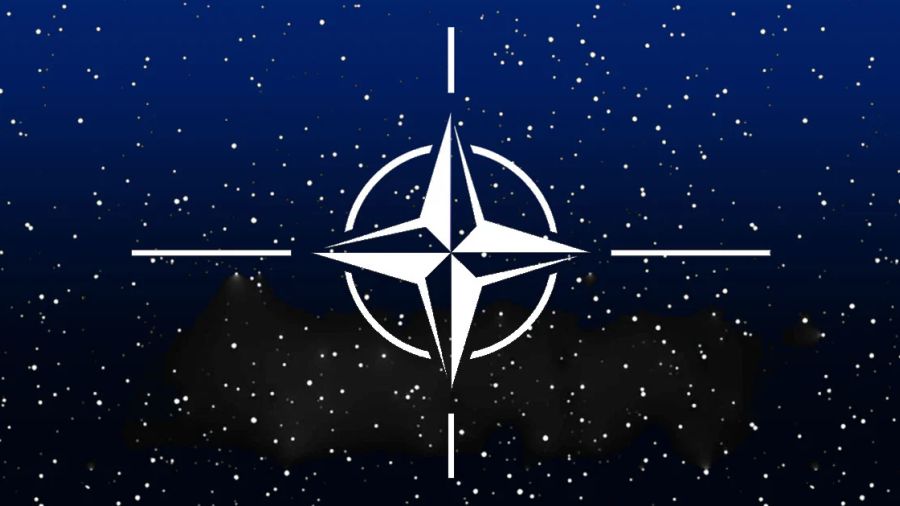

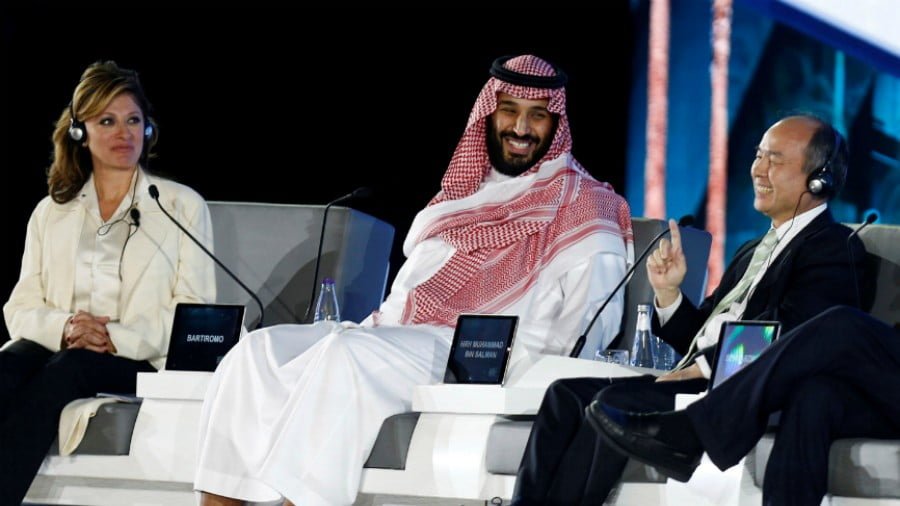

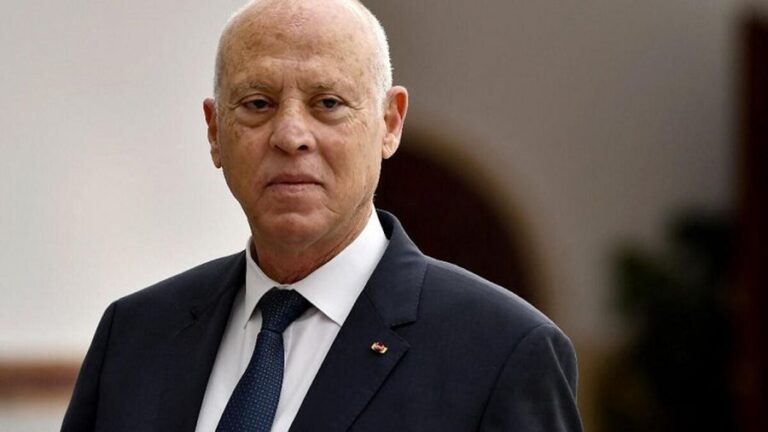
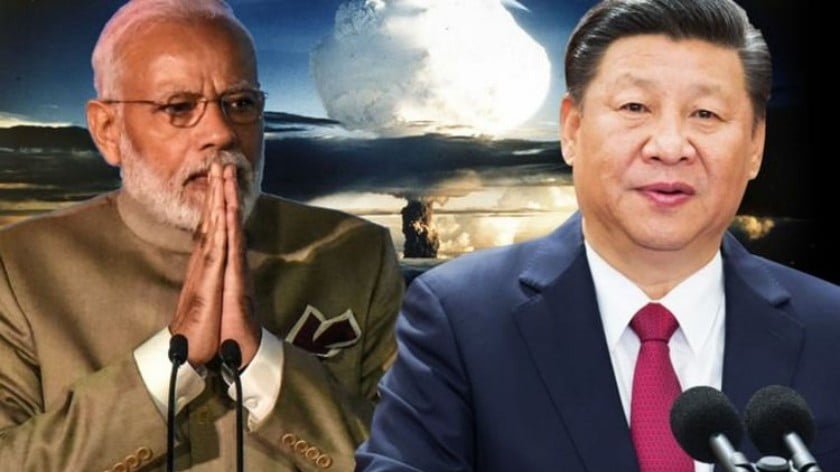
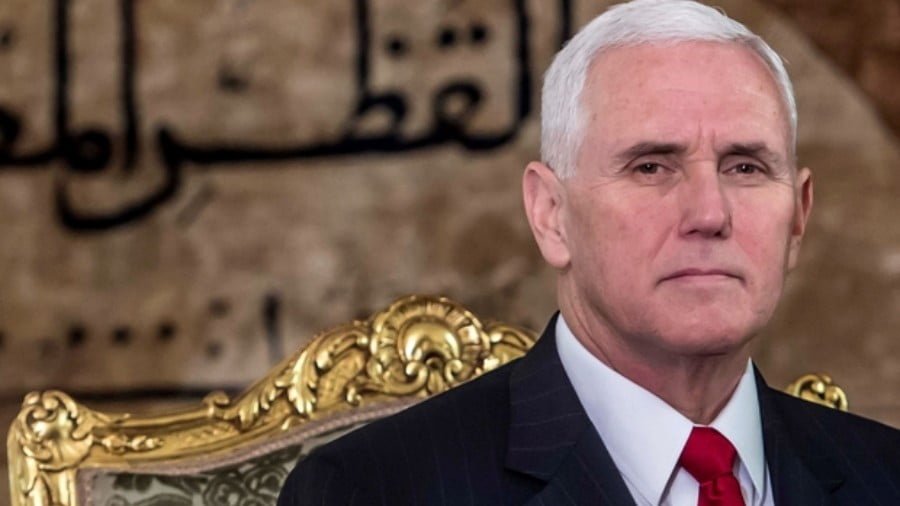
NATO’s main eunuch guard in the harem of secretarys in Brussels (Jens aus dem Stoltzen Berg) will step out from his de-masculated role quite soon, and has already applied to become the leader of Norway’s soveraign wealth pension funds (“Statens pensjonsfond utland”). In case he is appointed, we can expect him to faithfully follow the demise of dollar and pund hegemony fatefully into its future demise.